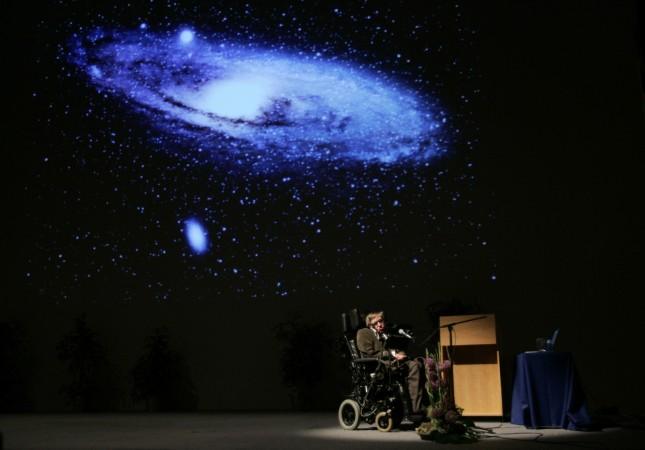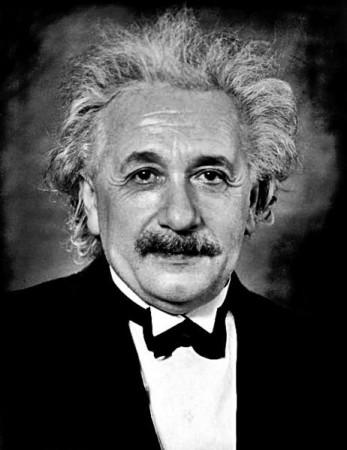
- National Pi Day is celebrated on March 14
- First Pi Day was celebrated in 1988
- Nobel Prize winner and influential physicist Albert Einstein was born on March 14, 1879
- Noted physicist Stephen Hawking died from complications caused by amyotrophic lateral sclerosis (ALS) on March 14
March 14 is widely observed as Pi Day around the world, but there is much more significance to the date. Alongside the birthday of Nobel Prize winner and influential physicist Albert Einstein, the world of science will also remember the day when Stephen Hawking died.
This leaves March 14 with three main events - a celebration of a never-ending number (Pi Day), Albert Einstein's birthday and passing away of renowned physicist Stephen Hawking.
Below are some interesting facts about Pi Day, Albert Einstein, and Stephen Hawking:
Pi Day
Pi Day recognizes the mathematical constant (3.14159 . . .) and it is represented by the symbol π.
Pi is the ratio of a circle's circumference to its diameter (C = 2πR).
Pi Day was first celebrated in 1988 when Larry Shaw organized the event at the Exploratorium Museum in San Francisco.
![[Representational image] Pi Day](https://data1.ibtimes.co.in/en/full/638787/pi-day.jpg?h=450&l=50&t=40)
With the help of Pi, engineers are able to make modern constructions.
In 2009, the US House of Representatives passed a legislation to recognize March 14 as National Pi Day.
Albert Einstein
Albert Einstein's special Theory of Relativity (E=mc^2) is one of the greatest contributions to physics.
Albert Einstein won a Nobel Prize in Physics in 1921 for the discovery of the law of the photoelectric effect, which led to the invention of television.
Albert Einstein co-invented fridge.

Albert Einstein's Brownian Movement proved the existence of atoms and molecules.
Albert Einstein helped put the argument about the sky being blue to rest.
Stephen Hawking
Stephen Hawking authored some of the best books, including "A Brief History of Time: From the Big Bang to Black Holes," which alone sold more than 10 million copies.
Stephen Hawking discovery of black holes radiation unlocked some of the greatest mysteries of the universe.
Stephen Hawking succeeded Newton's position as a Lucasian Professor of Mathematics at Cambridge University in 1979.
Stephen Hawking's work focused mainly on the nature of space and time, quantum theory and how the smallest particles in the universe behaved. He used his studies to explain how the universe was created.

Stephen Hawking wasn't fond of uncontrolled AI, which he warned could destroy us in the "worst event" in human history.
Stephen Hawking has made several guest appearances on TV shows and movies, including The Big Bang Theory, Simpson, Star Trek, and Futurama.
Albert Einstein and Stephen Hawking died at the age of 76.
Stephen Hawking was born on 8 January 1942, exactly 300 years after Galileo died on Jan. 8 1642.

















